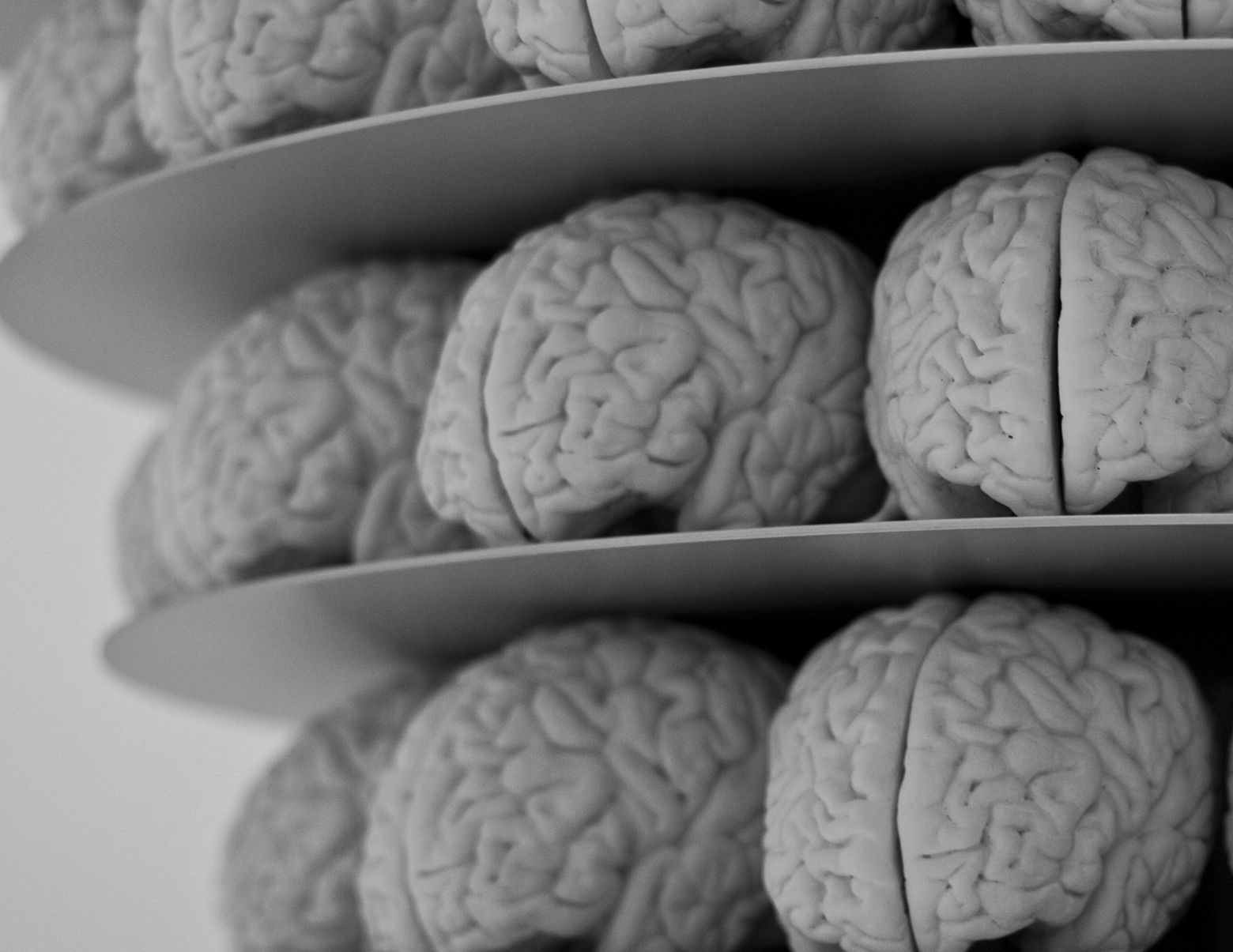Samsung TVs are already some of the most popular options for high-end home theater systems, and the company is now using its television-making prowess to help people with disabilities live more normal lives. A new project by a Samsung team in Switzerland could yield the first smart TV that can be controlled with thoughts.
As CNET reports, Samsung has partnered with Swiss scientists to bring the system to life. Called ‘Project Pontis,’ the ultimate goal is to build a brain/software interface that will allow individuals with movement disabilities to control television features like channel switching and volume control with their brains rather than their bodies.






